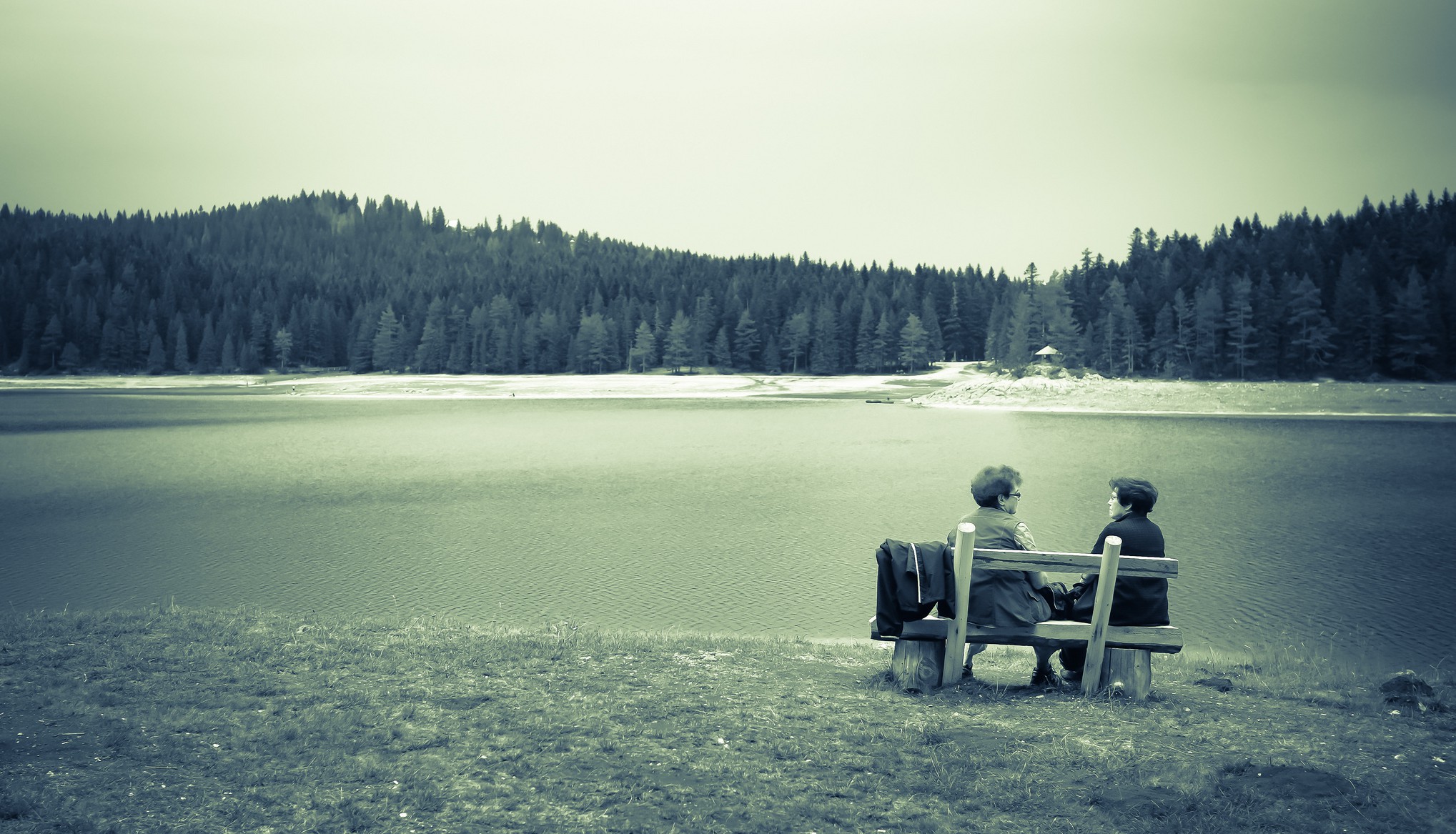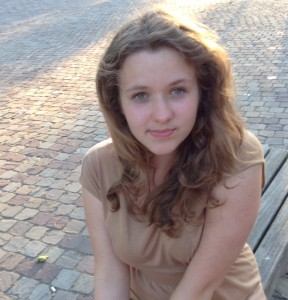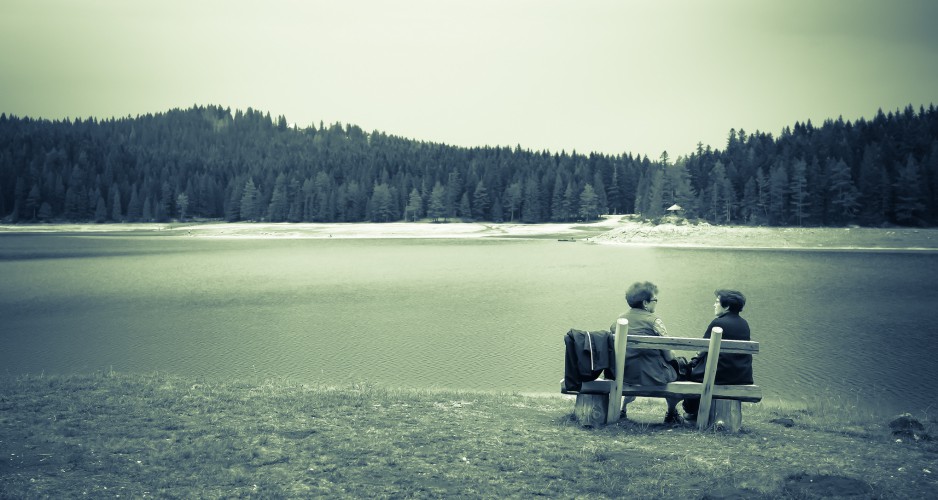
Clara: Where are you from? How long do you already live in Germany? What motivated you to come?
Biljana: Originally, I am from Kosovo. I fled to Germany about 15 years ago, due to war in my country. It wasn’t safe anymore for me in my home country.
Karina: I am from Montenegro. My husband and I were pursued due to our political convictions and so we decided to flee to Germany about 17 years ago.
Clara: How did you come?
Biljana: Since I had the right to come to Germany as a war refugee, I came by plane. Although I came legally, the bureaucratic process was really hard and took me an enormous amount of effort and time.
Karina: I am what you can call an illegal immigrant, but actually, once I arrived, we were all treated the same way. For me, the bureaucratic process was also really tough. Since we were classified as numbers, we felt quite humiliated. We kind of feared the administration, because they could decide if you stay or if you have to return where you came from. At that time, I always feared opening my mailbox, because I thought there could be a letter telling me I have to go back. And I know I wasn’t the only one having that fear.
Clara: Have you had difficulties with the language?
Biljana: The switch from Montenegrin to German was really difficult, because both languages are quite different. I still have some difficulties nowadays, although I have lived here for 15 years now. Additionally it was not mandatory to learn German at that time as it is now. There weren’t free German courses. We had to learn everything on our own.
Clara: What was your economic situation before you came? How did it change?
Karina: In fact, I had a good life: I liked my city, I liked my job and I had a good income. When I arrived in Germany, everything changed for me. Although the German and Montenegrin cultures weren’t so different, I couldn’t speak German and therefore I was only able to do the most basic jobs. That was a big economic and professional crash for me.
Clara: How did the Germans receive you?
Karina: In fact, the Germans were quite different. There were Germans who were very nice to me. They gave me help and shelter and they helped me to integrate.
Biljana: There were also people who weren’t nice. One day my son was on a school excursion and there was one bed, which was broken and nobody wanted to sleep on it. So, the teacher decided, that my son had to sleep there, although there was no reason except for the fact that he was a refugee.
Clara: Was it worth for you to come to Germany?
Karina: Yes, I think so. I still have the dream to go home one day, but my children live here and I am quite integrated today. So I can say, I have a new and normal life, which I definitely wouldn’t have had if I had stayed in Kosovo.
Biljana: If you ask me, I’m still not sure, if it was worth it. I still dream a lot of my home country and I still want to go back there. But it was not possible to stay in Montenegro during the war. And so things happened like they did. I can’t change it today. But sometimes I regret having left my home country.
About the interviewer:

Clara (18) participated at the My Europe workshop in Munich, Germany, in 2013. She is involved in the work with the Youth Council for the Future.

